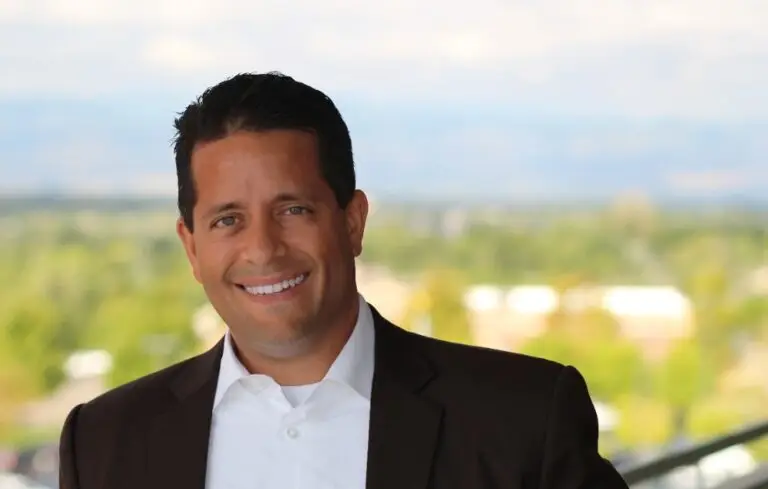In an era when socially conscious consumption is on the rise, companies face a Catch-22. Taking a stand is imperative—according to two-thirds of consumers—but it’s painfully easy to miss the mark when you do.
Dior learned this lesson the hard way with its recent “Sauvage” campaign. The brand intended to raise awareness around Native Americans with the ad featuring Johnny Depp and a Native American dancer. Unfortunately, the ad was live on social for only a few hours before the backlash began. The company had no choice but to pull it.

What Dior and many other companies are learning is that consumers want socially conscious brands—but they want that consciousness delivered in an authentic way. Dior may have had good intentions, but the only thing consumers saw in the ad was commercialism, not genuine brand purpose.
Engaging Authentically in Social Issues
Companies shouldn’t shy away from cause sponsorship. This year, organizational sponsorship of causes was expected to increase by 4.6% compared to 2018, and that’s a good thing. But only brand purpose grounded in a company’s true mission and model will be embraced. To avoid turning your brand activism into a PR nightmare, CEOs should follow these four rules.
1. Be true to yourself. Consumers don’t want companies to reach for just any cause. They want to see a connection between cause sponsorshipand who you are. Stand for things that are true to your company. What are your enduring values? If you’ve lost sight of them, now is a good time to rediscover your brand identity. Knowing that — and connecting your social causes to it — will lend credibility and boost confidence that you can actually make a difference.
2. Know your context. PR disasters often start with tone-deaf activism. Pay attention to what’s going on culturally and the issues your audience, in particular, cares about. This will help you discover the right cause. Listen carefully to what your customers are talking about, and think carefully before you insert your company. Consult an expert — perhaps a cultural anthropologist — who can alert you of insensitivities that could derail your efforts.
3. Form partnerships with purpose. The socially conscious brandsthat make a lasting impact create movements and enlist others to join in. If you operate in the hospitality industry, for example, you could partner with a food bank to lessen food waste while also supporting those in need in your community. Don’t try to solve big problems on your own. Engage your customers, vendors and other stakeholders in creating solutions. Figure out how you can scale up your efforts to gain real momentum.
4. Take the long view.It’s easier to write a one-time check than it is to commit to a sustained effort. But powerful change takes time and persistence. For instance, the public-private partnership between the Enterprise Holdings Foundation and the Arbor Day Foundation involves a 50-year reforestation effort. Together, the organizations pledged to plant 1 million trees each year, and the results will benefit the planet for generations.
Don’t jump on the latest giving fad. Commit your organization to a long-term journey that draws on your expertise, passions and strengths. Invite your customers along for the ride.
Now more than ever, it’s critical to authentically engage with social causes. Don’t let fear of backlash keep you on the sidelines. There is an issue that fits your brand just right, and it’s waiting for you and your customers to make it into a movement.







